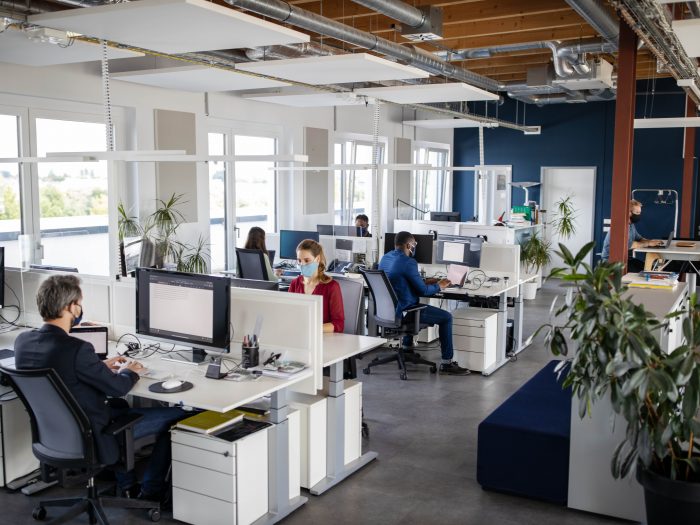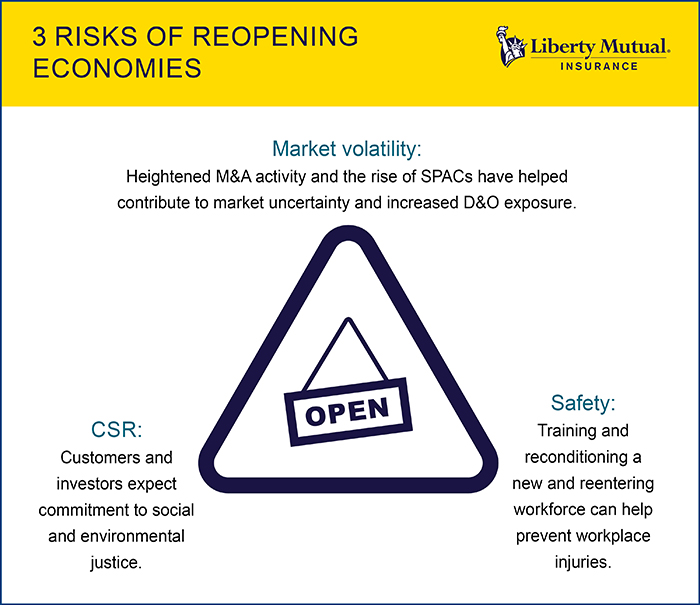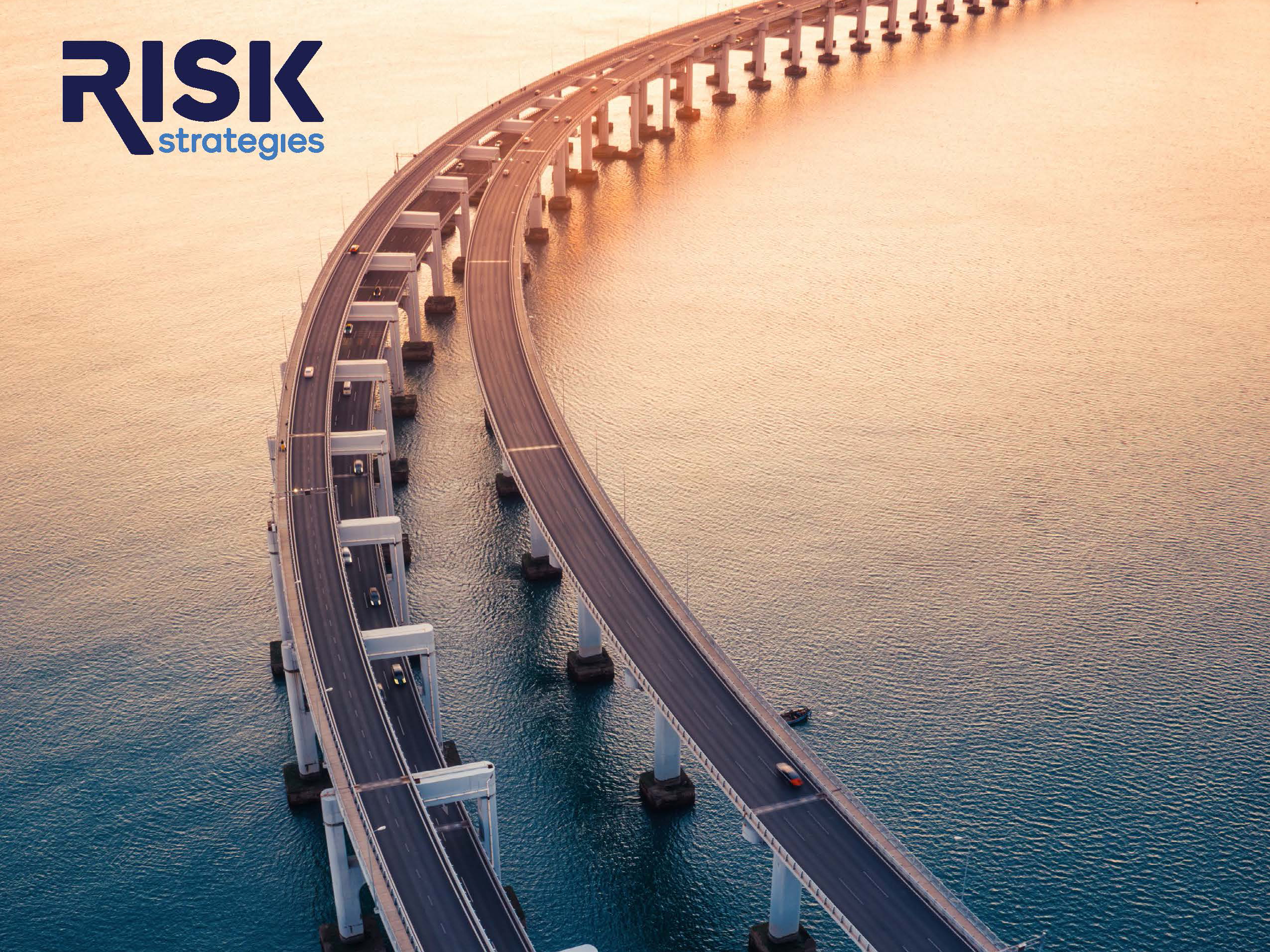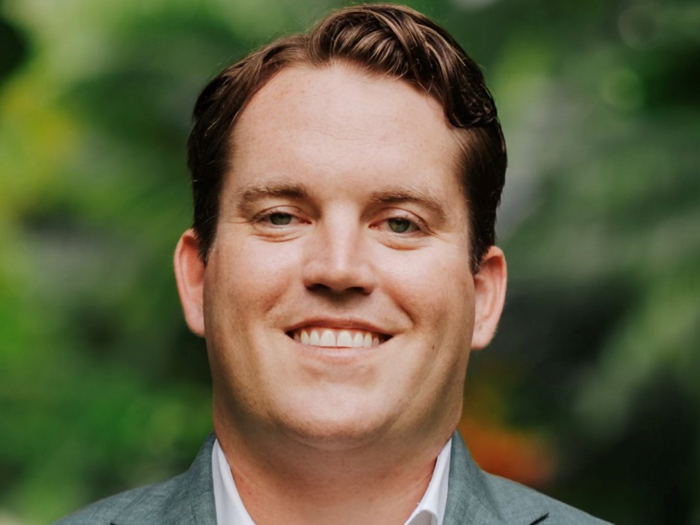Sponsored: Liberty Mutual Insurance
3 Trends Altering the Risk Landscape as Businesses Reopen and Restrategize

The COVID-19 pandemic created unique challenges and risks for businesses in every sector. Whether it was a rapid switch to e-commerce and remote work, shifting to new products and services, implementation of new safety protocols, or the prospect of complete shutdown, companies across the board were forced to pivot, in some cases dramatically altering their risk profiles and insurance needs.
With the rollout of multiple vaccines underway and many states beginning to lift restrictions, businesses can see a light at the end of the tunnel. A return to some semblance of normalcy is within reach.
But the transition won’t bring back “usual” pre-COVID operations.
The pandemic has made lasting impacts on the economic landscape and the way people work, which will shape the way businesses move forward. As with any transition, post-COVID economic recovery will present its own set of unique exposures.
Here are just three trends that will alter the risk landscape as economies reopen:
1) Financial Market Volatility Driven by a Flurry of M&A Activity

David Perez, Chief Underwriting Officer, Global Risk Solutions, Liberty Mutual Insurance
After a drop-off during the second quarter of 2020, mergers and acquisitions picked up over the remainder of the year in frequency and size. “The valuations of these M&As are going up dramatically,” said David Perez, chief underwriting officer, Global Risk Solutions, Liberty Mutual Insurance.
According to international law firm White & Case, the total value of U.S. M&A deals in Q4 2020 came to $544.2 billion — a 77% increase over the previous year — while the number of deals only rose from 1,464 to 1,469.
M&A deals are also being done in new ways, including the use of special purpose acquisition companies (SPACs) to raise capital as an alternative to private equity firms. SPACs are public corporations listed on the stock exchange whose sole function is to acquire private companies, thus taking them public without the need for a traditional IPO.
“Getting acquired by a SPAC basically allows for a private company to have a reverse IPO of sorts. From an insurance perspective, you’re underwriting the company raising the capital, but you don’t always know what company they’ll actually acquire. That leaves a wide range of potential risks to contend with,” Perez said. “That uncertainty along with the recent stock market volatility, where we’ve seen swings of 1,000 points from month to month, impacts the overall D&O risk.”
If a business’s post-pandemic growth strategy includes M&A, it will need to work closely with carriers to decipher M&A exposures and ensure appropriate coverage is in place. A collaborative approach will be especially critical given hardening markets across the board — especially in D&O.
2) Safety Risk Driven by an Untrained and Deconditioned Workforce
Businesses forced to lay off workers won’t necessarily be re-hiring the same employees with the same set of skills and experience.
According to the AARP, millions of Americans chose to retire early during the pandemic, either because they lost their jobs or struggled to adapt to remote work environments. A McKinsey & Company report also found that up to 25% of U.S. workers may be forced to change occupations as result of the increased automation and e-commerce displacing in-person roles. As face-to-face business picks up, those workers may not return to their old jobs.
Employers looking to bulk up their staff may be facing a less skilled, untrained pool of talent. This in turn may increase safety risk.
“In any job with a high safety risk, like construction, trucking, or manufacturing, untrained workers present tremendous exposure for accidents to occur. A spike in incident frequency and/or severity is probably our biggest concern as economies reopen,” Perez said.
Safety risk will also be amplified by deconditioning that some workers may have experienced over the course of the COVID-induced recession. Layoffs or transition to work-from-home environments that lack proper ergonomic equipment have likely left most workers with some degree of muscle imbalance or loss of flexibility and endurance.
“We can provide specific guidance, depending on the class of business, but in general, the number one best practice is making sure you have procedures and protocols in place to get your workers trained up appropriately. The more hazardous the occupation, the more time you should allow for the hiring and training process to occur,” Perez said.

3) Heightened Corporate Responsibility Obligations in a More Socially Aware Society
Social and political unrest disrupted 2020 almost as much as the global pandemic, with multiple lessons learned for business leaders.
It’s not enough to deliver a good product or service; businesses must also demonstrate commitment to ethical and just behaviors, including diversity in hiring and promotion, environmentally friendly practices, and fostering relationships with partners that represent similar values.
“Environmental and social governance (ESG) is something that investors are concerned with as well as customers,” Perez said. “Financial institutions are increasingly required to disclose their corporate social responsibility efforts and falling short may be treated much more harshly in the court of public opinion and influence perspectives in the jury box.”
Insurers will be taking closer looks at their investment portfolios, ensuring their dollars support sustainable and socially responsible businesses. Insureds likewise would do well to dig deep into their vendors, suppliers, and other partners. Today, ignorance will not excuse association with a business found guilty of inequitable or unethical practices.
“Making sure that we’re committed as an industry to ESG is going to be more important every day, every year, going forward,” Perez said.
“And the insurance industry is going to become a bigger leader, overall, in terms of helping customers manage this transition. The need for integrating an ESG approach is not only important on the investment side of the house but also in underwriting.”
A Carrier Partner to Navigate Uncertainty
While everyone is eager to regain steadier footing as the pandemic subsides, a great deal of uncertainty still looms. The risks of reopening will be complicated by ongoing hard markets. As always, insureds will benefit from working with a carrier that can do three things: help clients understand how the shifting economic landscape impacts their specific risk profile; provide resources to help mitigate those risks; and craft coverages to fit their needs.
“We help clients address these challenges in several ways. First, we continually push education out to the marketplace, providing updates on exposures, risk control measures, and legislative changes. We also provide various training sessions on a variety of specific topics. We want all of our customers to be informed,” Perez said.
“One of our priorities is making sure we’re always ahead of the curve and never surprising our customers. We may not have a crystal ball, but maintaining that communication ensures we have two well-informed parties negotiating a business transaction, and that’s a great position to be in.”
A record of disciplined underwriting helps as well. As risks continue to shift, taking a proactive rather than reactive approach in capacity and pricing decisions will help ensure stability and continuity in the marketplace — and result in less drastic rate changes.
“In general, there’s still a lot of correction that needs to be worked out in the marketplace. Our goal is always to help clients navigate uncertainty as smoothly as possible by bringing our knowledge and underwriting expertise to bear,” Perez said.
To learn more, visit https://business.libertymutualgroup.com/business-insurance.
![]()
This article was produced by the R&I Brand Studio, a unit of the advertising department of Risk & Insurance, in collaboration with Liberty Mutual Insurance. The editorial staff of Risk & Insurance had no role in its preparation.










